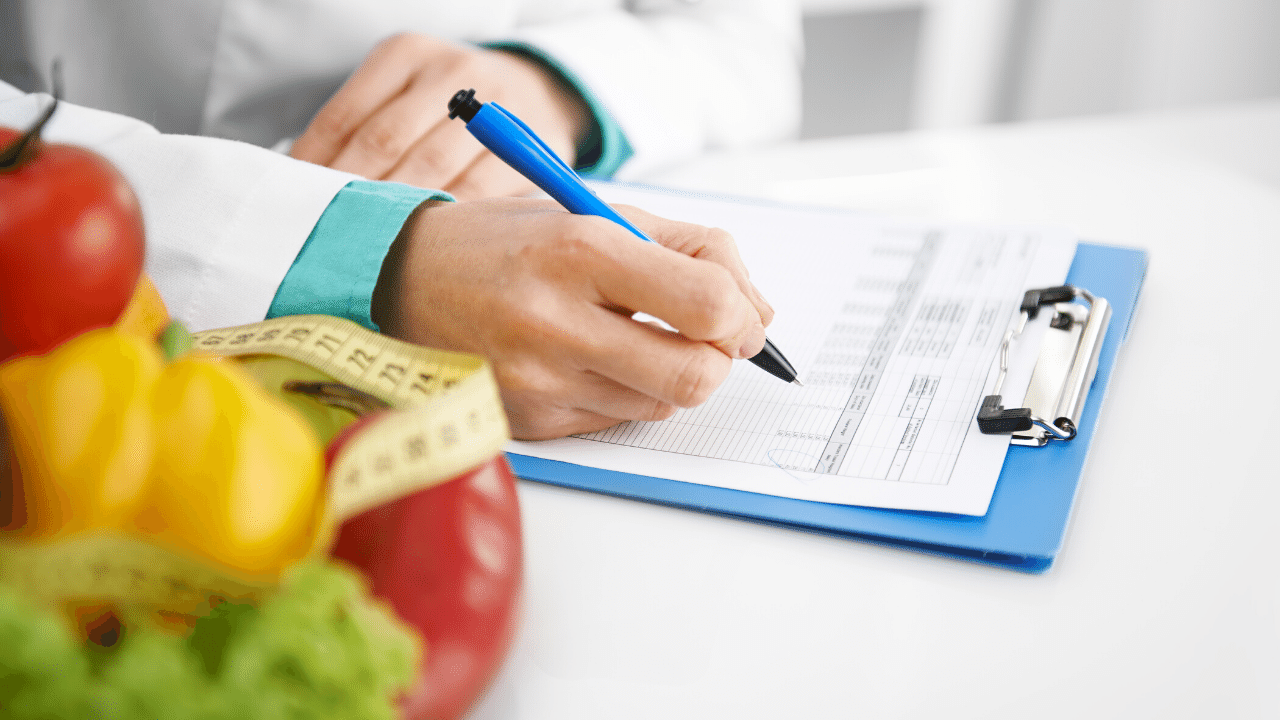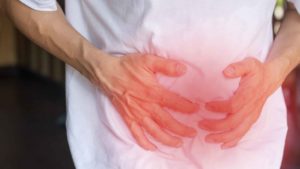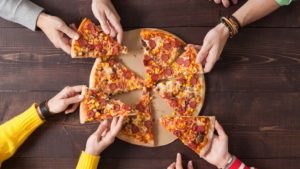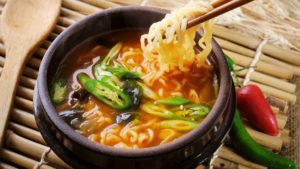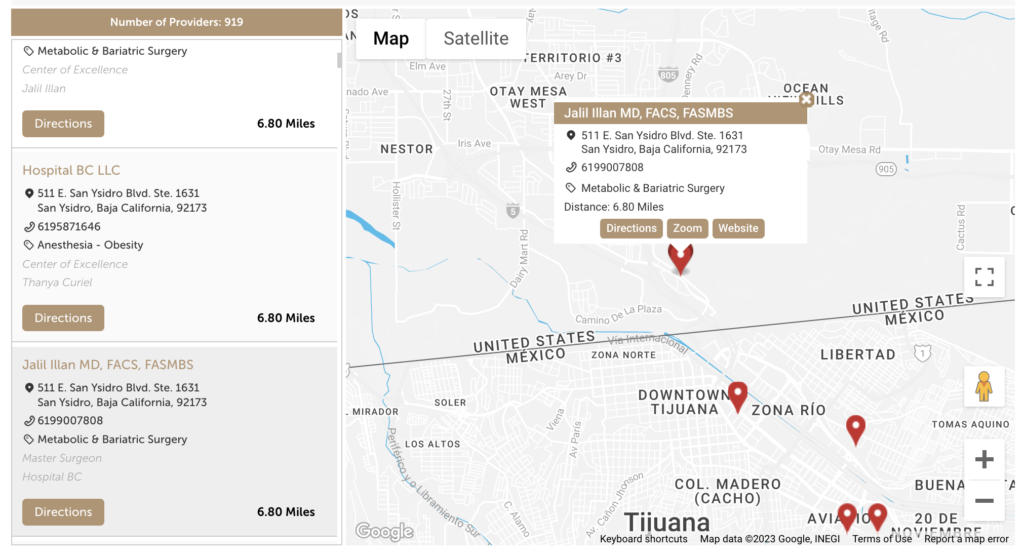Gastric bypass surgery isn’t for everyone but if it’s recommended by your physician, it’s important you come in terms with the risks and benefits involved. Just like other types of surgery, there are some precautions and lifestyle changes you also need to implement after your gastric bypass surgery has been successfully carried out.
To help you start making diet changes and to help with a faster recover you could be placed on a pre-op diet up to 6-weeks prior to surgery. This will help with cleaning or purging your body of things like sugars, starches, most carbs, and caffeine.
The pre-op diet also helps to put you in the right mindset to enter the post-op diet so you have a good clean start on a healthy journey and reduce post-op complications.
A gastric bypass diet is designed to help people who are recovering from gastric bypass surgery to heal faster and adopt healthy eating habits. It will also help you lose weight, avoid regaining lost weight and any complications or side effects from the surgery such as dumping syndrome, dehydration, constipation and blocked stomach pouch opening.
- For 1-week after your surgery, you are only allowed to take in clear liquids.
- For the second week you will be able to have full liquids.
- Starting week 3 post-op you can start eating mashed and strained foods with the consistency of a thick liquid like apple sauce or cottage cheese. Avoid mixing any form of solid pieces of food in it. Eat 4 to 6 small meals per day.
- Starting week-4 you will have thicker foods like cooked cereal, peanut butter, or hummus.
- Foods such as soft scrambled eggs, cooked vegetables, soft fruits, strained cream soups and lean groundfish, meat or poultry that are cooked in the crockpot so there is plenty of moisture to the meats and veggies are nice and soft.
- As each week progresses you will be able to incorporate drier meats that are ground.
- After 2 months on the gastric bypass diet, gradually go back to eating firmer foods. Begin with 4 to 6 meals a day and learn to stop eating immediately you start feeling full. Try new foods one at a time.
Keep in mind that having a large variety of food will help with keeping your body healthy and happy.
Gastric bypass surgery reduces your stomach size and changes how food enters your intestines. After having weight loss surgery, it’s important you take adequate measures to make better lifestyle choices with your diet just like you did preparing for surgery.
So, eat and drink slowly, keep your meals small, thoroughly chew your food, focus on protein-rich foods and drink water between meals. You should avoid foods that are high in sugar and fat. Take recommended mineral and vitamin supplements every day, you may likely have to do this for the rest of your life.
Avoid unhealthy habits such as smoking, drinking, and recreational drugs. Call your doctor or nutritionist if you are feeling tired all the time, have dizziness or/and diarrhea, vomiting or gaining weight.

